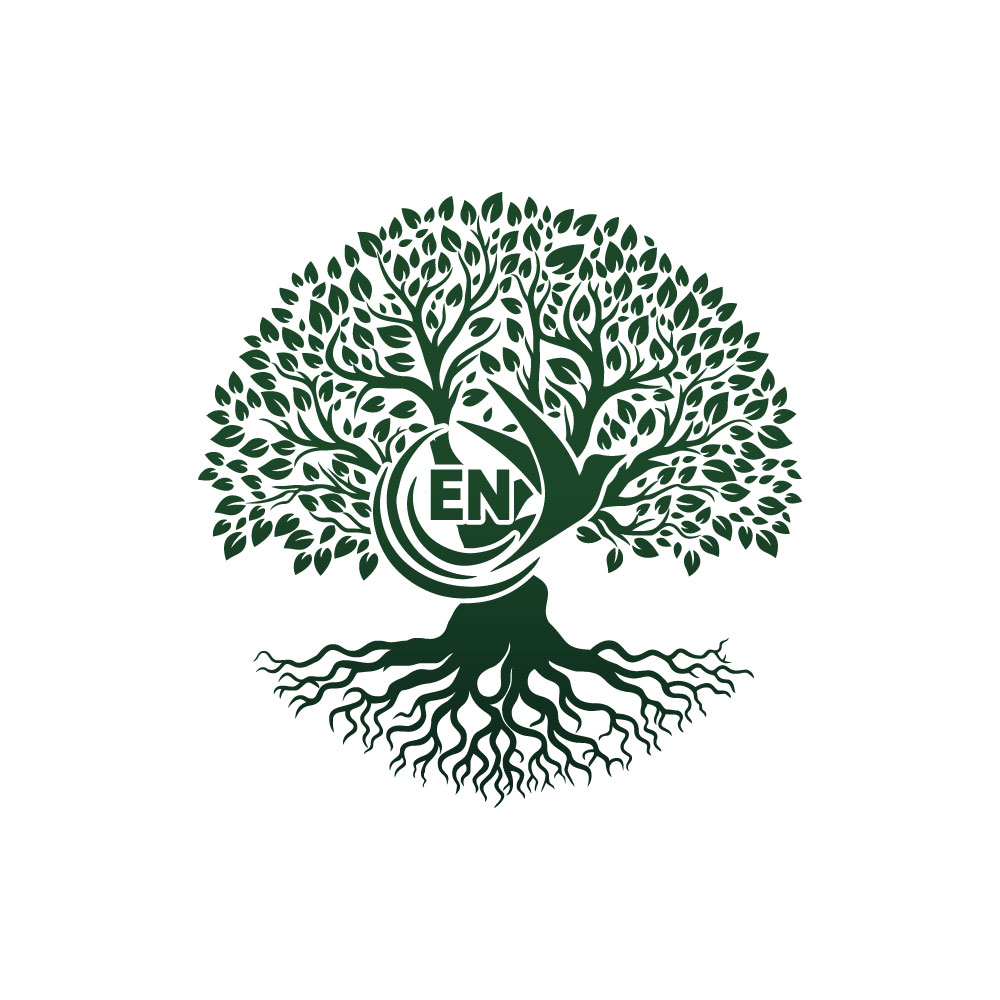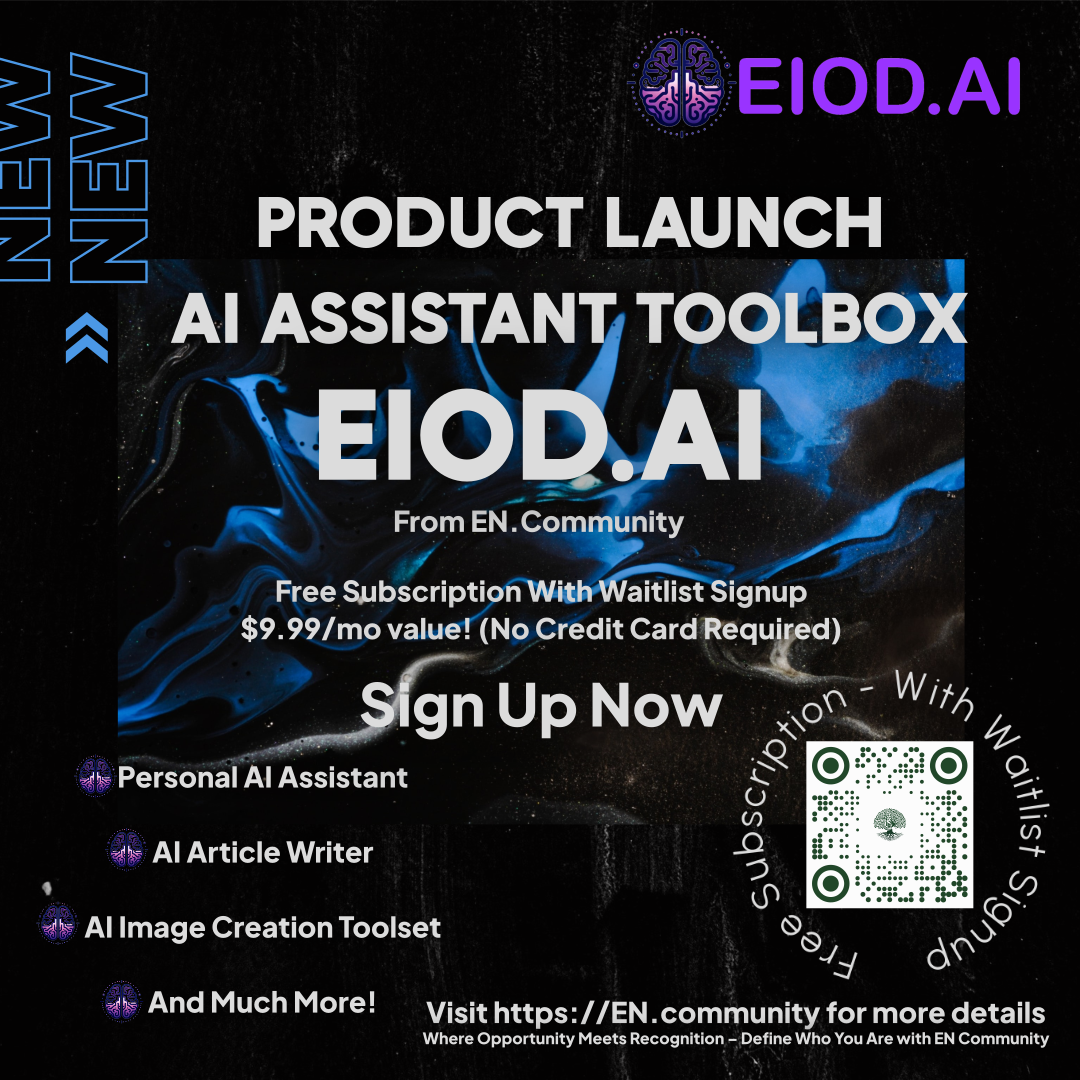In today’s fast-paced professional world, finding an employer whose values align with yours is more important than ever. But how can you assess a company’s ethics before you join? In this guide, we’ll share practical tips and actionable strategies to help you identify ethical employers, protect your career, and thrive in a positive work environment.
Why Evaluating Employer Ethics Matters
The workplace you choose can shape your career trajectory, mental health, and job satisfaction. Unethical work policies—such as poor treatment of employees, unclear policies, or a lack of corporate responsibility—can lead to a toxic work environment. Evaluating a company’s ethics during the interview process ensures that you’re making an informed decision.
Tips for Identifying Ethical Employers
1. Research the Company
- Read Reviews: Platforms like Glassdoor, LinkedIn, and Indeed can offer insights into employee experiences. Look for patterns in feedback, such as complaints about harassment or poor management.
- Check News Coverage: Investigate whether the company has been involved in scandals or lawsuits.
- Evaluate Leadership: Research executives on LinkedIn to ensure they have a strong track record of ethical practices.
2. Ask the Right Questions in the Interview
- “How does your company handle conflicts between employees?”
- “Can you provide examples of how you uphold ethical practices in operations?”
Gauge the interviewer’s transparency and willingness to discuss these topics. Evasive answers could be a red flag.
3. Observe Red Flags
- High Turnover Rates: If employees are leaving frequently, it may indicate a toxic culture.
- Pressure to Decide Quickly: Rushing you into a decision could be a sign they want to hide problems.
- Dismissive Behavior: Downplaying concerns about employee treatment is a bad sign.
4. Look for Ethical Practices
- Corporate Social Responsibility (CSR): Does the company engage in community service, environmental initiatives, or sustainable practices?
- Clear Code of Conduct: Companies with published ethics policies are often more committed to fairness and integrity.
5. Engage with Current and Former Employees
Reach out to professionals on LinkedIn who’ve worked at the company. Politely ask about their experiences. Most people are happy to share their insights.
6. Trust Your Instincts
If something feels off during your interactions, trust your gut. Unethical behavior often reveals itself in subtle ways.
Red Flags to Watch For
- Unpaid overtime is normalized.
- Lack of clear policies around employee rights.
- History of discrimination, harassment, or lawsuits.
- Vague or inconsistent answers during interviews.
Why EN Community Values Ethical Employment
At EN Community, we believe in empowering professionals to make informed career decisions. We provide resources to help you evaluate companies, build strong professional networks, and thrive in ethical workplaces. By fostering a culture of trust, transparency, and inclusivity, we aim to create a better professional world for everyone.
Key Takeaways
- Ethical employers prioritize fairness, transparency, and integrity.
- By researching, asking questions, and observing red flags, you can avoid toxic workplaces.
- Trust your instincts and seek advice from trusted networks like EN Community.















